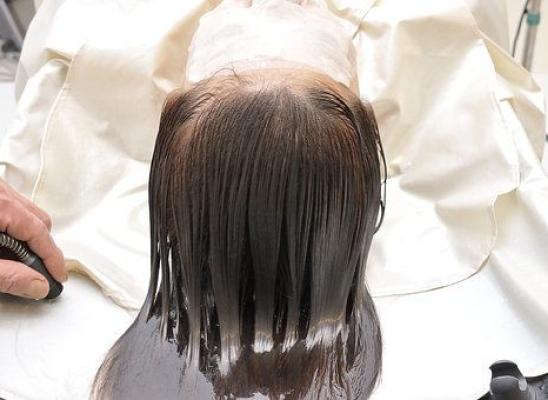Trichotillomania Help
Online test
Find out the severity of your symptoms with this free online test
For some people pulling at the hair is just a bad habit, but for millions others it is a compulsive action that they are unable to control through willpower alone. The effects of this condition known as trichotillomania can be debilitating. For years many have suffered alone and in silence, often feeling guilty and ashamed for their actions and for not being able to control it. But through the collective efforts of advocacy groups such as the Trichotillomania Learning Centre (TLC) and the Canadian Body-Focussed Repetitive Support Network (CBSN), there has been an upsurge in awareness about trichotillomania and other BFRBs such as excoriation or compulsive skin picking disorder. Prior to this many people didn't even know that their behaviors had a name let alone that it was a recognized clinical condition. Many people report that sometimes just knowing that there are others like you, and to have the acknowledgement that this is a very real struggle can be empowering. But the question remains - now that you know you have something called Trichotillomania, what next?
Foundation of Support
A fundamental aspect to overcoming trichotillomania is to have a foundation of support to catch you when you fall and to cheer you on when you conquer. For some this may be from family, a close friend, a partner, or for some it may even come from the anonymity of an online support forum like the one on Trichstop.com. Wherever it comes from, having a place you can talk about your fears, your sadness or despair, but also to share your hopes and your victories, can be very empowering and will be the key to getting your through the darker days.
Knowledge is power
The more you learn and understand about your condition, the better equipped you will be to make informed choices about treatment and recovery. With increased awareness of BFRBs has also come an increased interest in research into the condition in the medical field. The internet is a great source of information and access to information and the latest research. However it should be noted that one should be careful about trusting all the information you find on the web. Always check that the source is credible and that claims of an effective type of treatment is evidence-based. For example there are numerous studies indicating that cogntive behavioral therapy is the most effective type of face-to-face therapy for BFRBs, and there is evidence that an online self-driven therapy format has been effective in those with Obssessive Compulsive Disorder (OCD).
Professional Help
Despite the advancements we have made in understanding trichotillomania and learning what methods of treatment are effective in the management of the condition, there is still a scarcity of health professionals who have the knowledge or experience to know how to deal with this condition. TLC provides a comprehensive list of treatment providers with contact numbers. For some there is however still limited access to face-to-face therapy either due to distance or because of cost as individual therapy can be expensive. As alternative there has been an upsurge in online therapy such as counselling sessions via skype or self-directed treatment. Group therapy can also be beneficial where it is available.
Healthy body, healthy mind
There are many alternative therapies and activities that have been found to help relieve stress and thereby reducing hair pulling urges. These include meditation, yoga, and even hypnosis. It has also been seen that through the correct diet, exercise and a balanced lifestyle, the person may experience less stress and anxiety which could in turn result in a reduction in urges to pull.
Online test
Find out the severity of your symptoms with this free online test
Start your journey with TrichStop
Take control of your life and find freedom from hair pulling through professional therapy and evidence-based behavioral techniques.
Start Now



